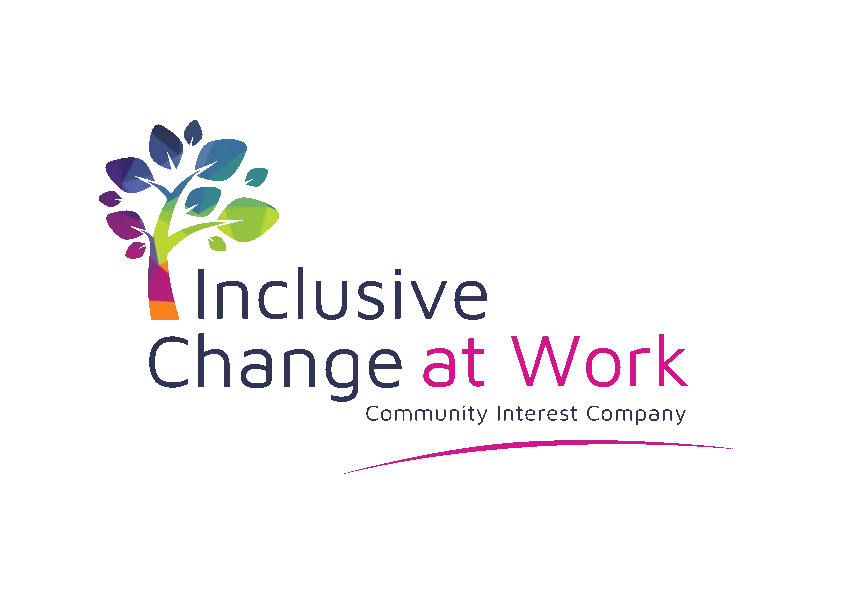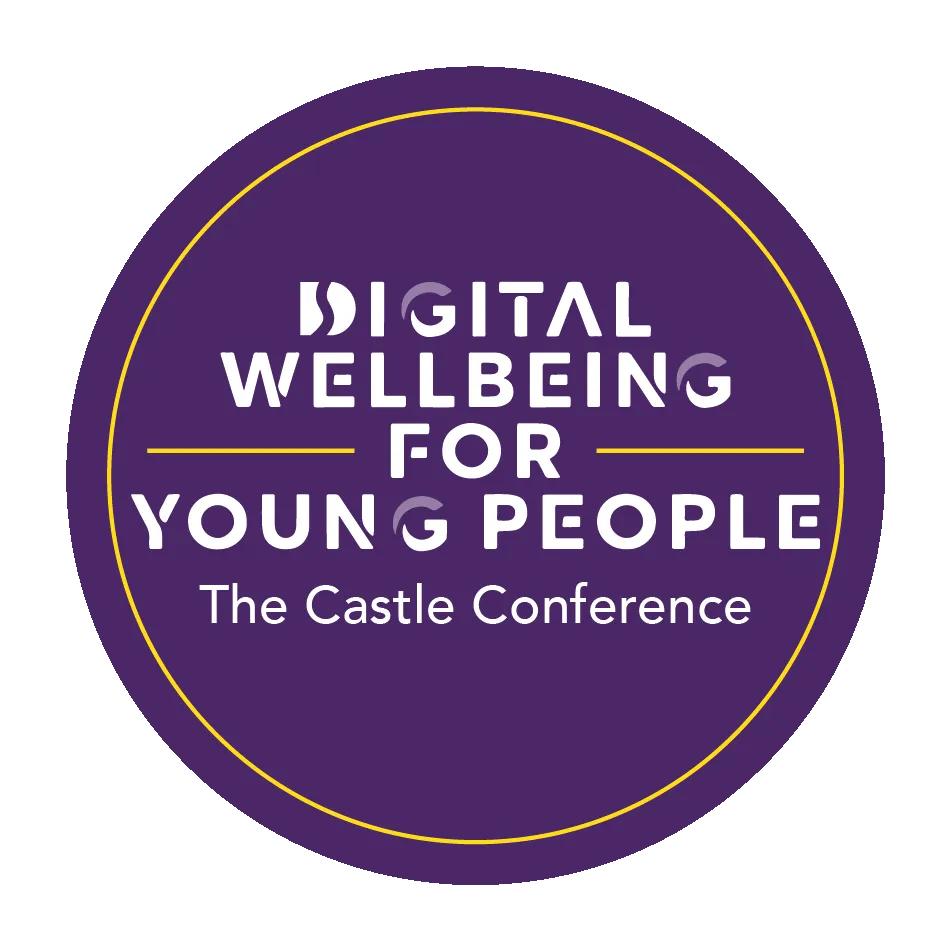Thank you for helping to
Keep the conversation going
Here are some ways we can help you.
We hope you enjoyed The Castle Conference: Digital Wellbeing for Young People.
We know you want to keep the conversation going so we have created a page to help you do that.
The page will be updated with slides and videos when they are available.
Watch the Castle Conference Catch Up
We hope that The Castle Conference inspired you, got you thinking and talking about the topic of Digital Wellbeing. We really hope you have been talking about the conference to your friends, family and colleagues.
We certainly are and we arranged it!
The Castle Conference Catch-Up was a chance to keep talking, a chance to share your thoughts, a chance to find out what questions we have been asked since the day and a chance to ask us new questions.
Andy & Lucy
Recap from the event
We have combined the slides into a video for you to rewatch
This is only the slides - no audio. Videos are below.
Speaker Videos
Lucy Smith: Digital Safeguarding and Neurodiversity
Professor Peter Kawalek: A crisis but not of their making
Luisa Fassi: Social media and adolescence
David Brown: If U Care Share
Resources
Links and downloads for you
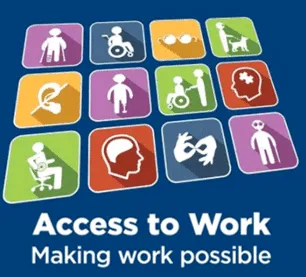
What are Reasonable Adjustments?
What is Access to Work?
Firstly, let's talk about Access to Work. Access to Work is a grant that funds practical support in work if you have a disability, or physical or mental health condition. The aim of the scheme is to help someone start work, stay in work, or help move to self-employment or start a business.
Coming from someone with an Access to Work grant, I can confirm that it truly can be life-changing.
By providing financial assistance to those who are neurodivergent or disabled, it gives people the opportunity to perform their job effectively, ensuring that they can not just work in the first place, but really thrive.
While Access to Work can provide a number of incredible things, they make it very clear that they do not fund reasonable adjustments. But...
What Are Reasonable Adjustments?
Quite simply, reasonable adjustments are changes an employer makes to remove a disadvantage someone may be facing in work. They are not 'perks' designed to give disabled employees an 'easier time' in work, and are completely reasonable to request, hence the name.
Adjustments can be made to employee’s workplace, their working arrangements, the provision of equipment, services, or support, and/or finding a different way to do something.
For example:
Changing someone's start and finish time to work around their availability. If they struggle to get up in the morning, then a later start and end time may be relevant to them.
Presenting information in a different way. If someone struggles to read sheets of text, giving it to them in a different, perhaps visual, way could make things all the more easier.
Giving people a comfortable space to work; if someone has anxiety and finds it incredibly difficult to hot-desk, providing a permanent desk would help significantly.
Reasonable adjustments like these are small and don't take much effort on the employer's part, but can really allow someone to reach their full potential in work.
When do you turn to Access to Work?
When the adjustments required are more than small changes, such as travel into work or equipment to deal with long-lasting pain, Access to Work is your next option.
If you need any help applying, you can always contact us via our contact page here.
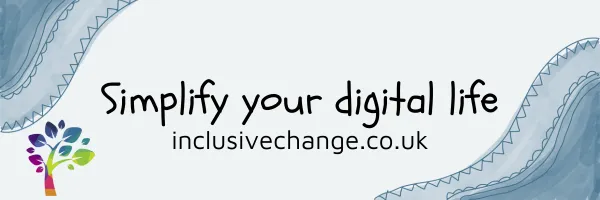
Get Your FREE eBook
A Practical guide to Simplify your Digital Life
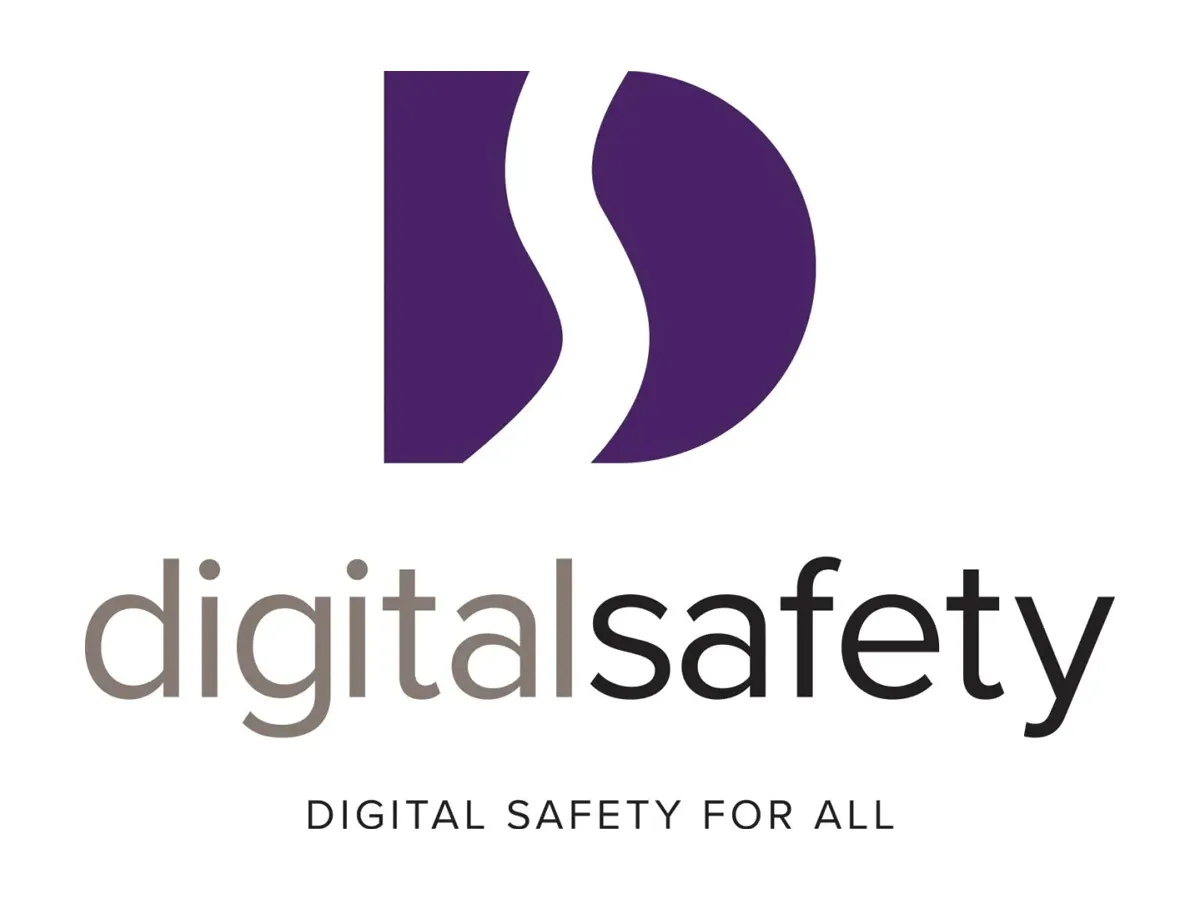
Digital Safety CIC - Online Resources
Exhibitor Information
We think you will agree that our exhibitors contributed so much to the event.
We know that we can tackle the problems we face alone - which is why we love working with others.
Thank you - you made the day INCREDIBLE!
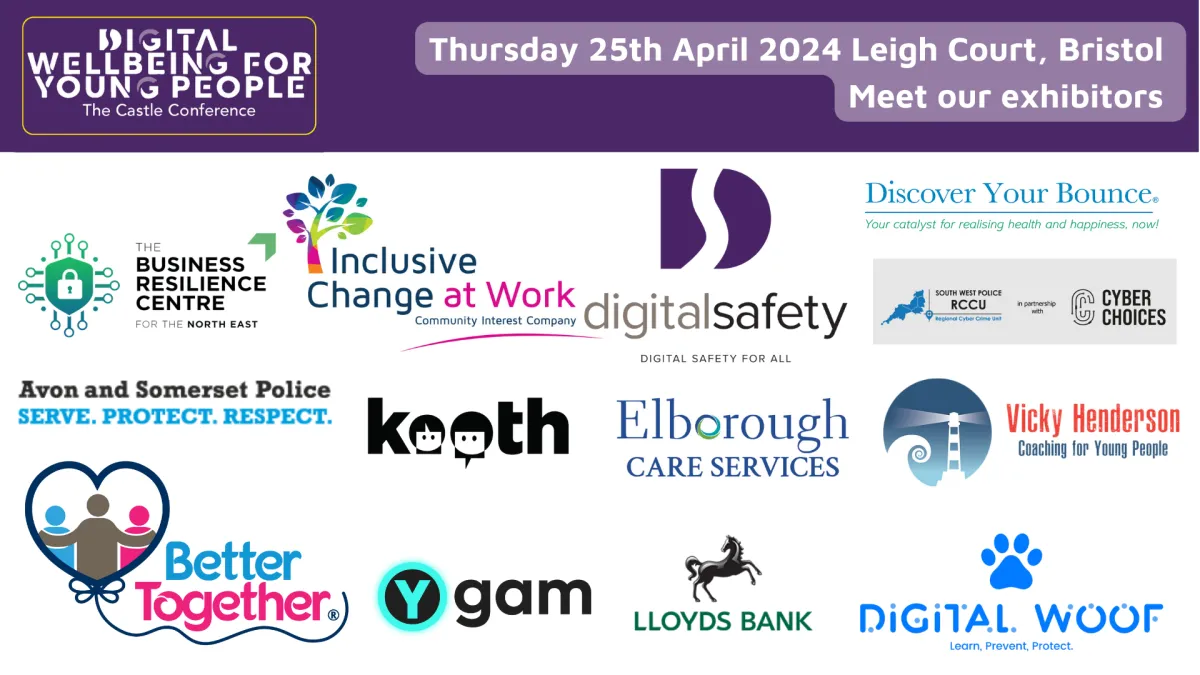
Inclusive Change At Work CiC
Bradbury House
Wheatfield Road
Bradley Stoke
Bristol
BS32 9DB
Companies House: 13271923
ICO registration: ZZB293922
UK register of Learning providers
UKRLP: 10090653
Privacy Policy | Terms and Conditions
Copyright © 2025 Inclusive Change At Work CiC | All Rights Reserved
